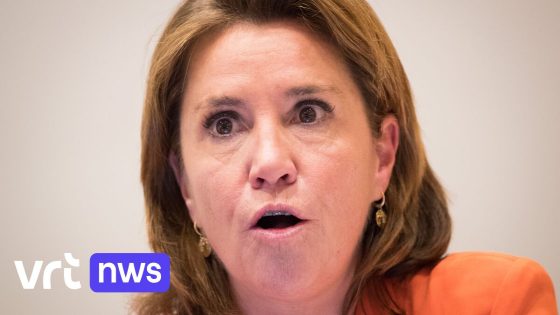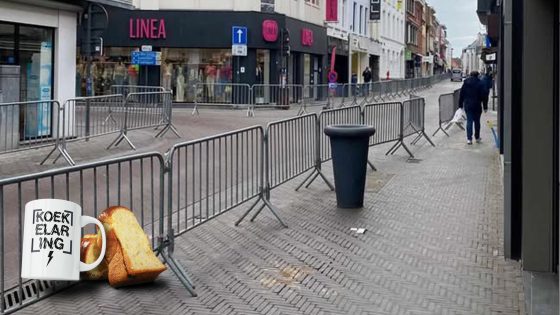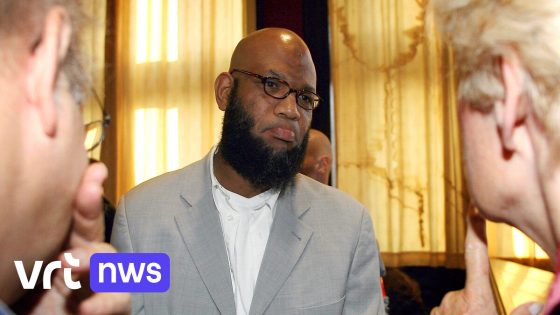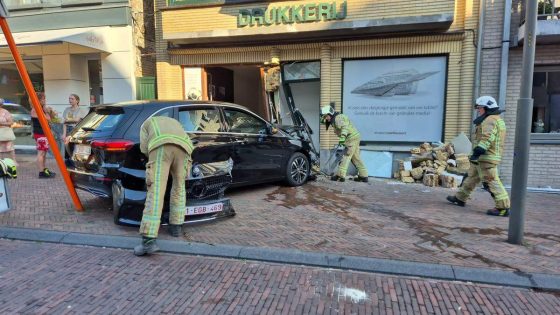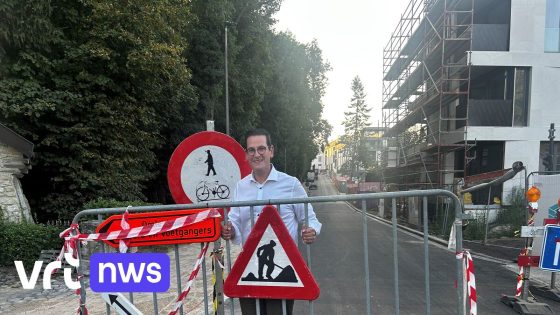The ongoing violence in the Palestinian territories has drawn international concern, with the role of Western countries under scrutiny. The situation remains urgent as the need for peace and stability grows more apparent. On 2025-08-25 14:28:00, former Child Focus CEO Heidi De Pauw spoke out from Jerusalem, highlighting the hesitation of the Western world to act decisively against the violence.
- Western world delays halting Palestinian violence
- Heidi De Pauw critiques international hesitation
- De Pauw coordinates Belgian aid projects
- Projects focus on Palestinian development cooperation
- De Pauw advocates swift Palestine recognition
De Pauw, who currently manages Belgian government development projects in the region, calls for Belgium and its allies to speed up the recognition of Palestine. How long can the international community afford to delay meaningful intervention? And what impact does Belgium’s current stance have on peace efforts?
Her remarks prompt a reflection on Belgium’s role in the conflict and the potential benefits of a more proactive diplomatic approach.
Why is Belgium’s timely recognition of Palestine critical? De Pauw’s position suggests that hesitation weakens diplomatic leverage and prolongs instability. Belgium’s engagement through development projects puts it in a unique position to influence change, but only if political will matches operational efforts.
- Delays in recognition may embolden ongoing violence.
- Belgian-led development projects depend on a stable environment.
- Faster diplomatic moves could strengthen Belgium’s international role.
As tensions persist, Belgium faces a crucial choice: maintain cautious diplomacy or lead with decisive recognition to support peace. Will Belgium rise to this challenge and influence a lasting resolution?



